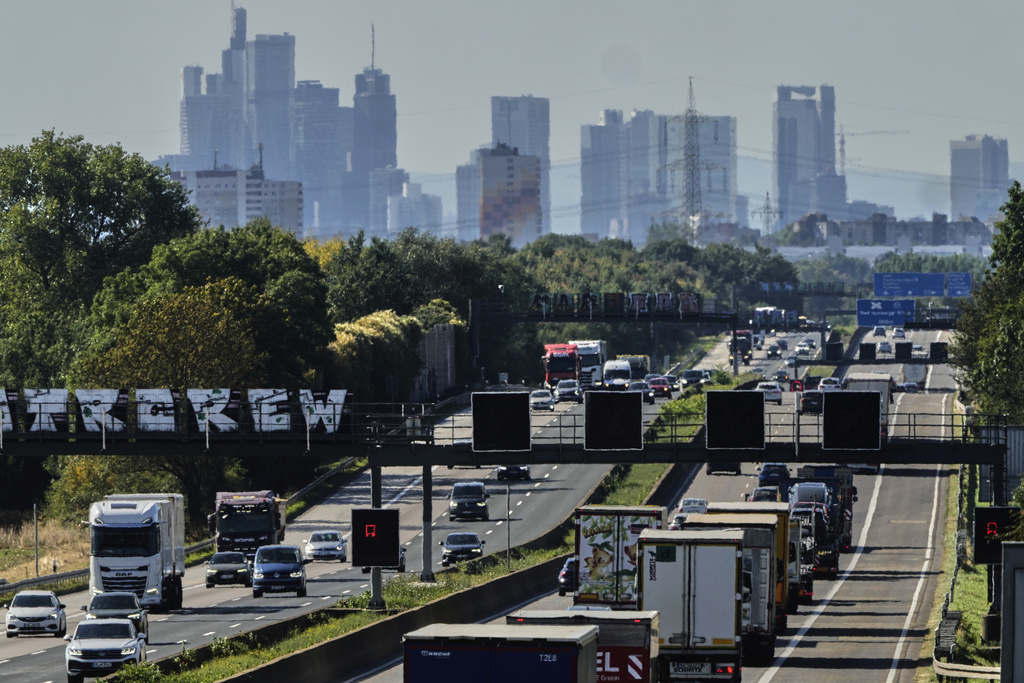
BERLIN - Unemployment in Germany rose to above 3 million in August for the first time in a decade, data from the Federal Employment Agency showed Friday.
In another blow to Europe's largest economy, 46,000 more people were without a job this month, pushing the unemployment rate up to 3.025 million and increasing it by 0.1 percentage point to 6.4 percent.
Agency head Andrea Nahles said this was broadly expected and partly reflects seasonal factors such as slow hiring by companies during the summer holiday period. The labor market is still shaped by the economic weakness of recent years, she added.
Germany's economy contracted by 0.3 percent in the second quarter, as weak exports and slow investment persistently weighed on growth. Compared to a year earlier, unemployment in August was 153,000 higher.
ALSO READ: Germany should look for new trade partners, Chancellor Merz says
Nevertheless, adjusted for seasonal factors, unemployment fell slightly from July, defying analysts' expectations of an increase.
A report by Germany's ifo Institute on Wednesday confirmed the trend, showing that companies are cutting more staff. The institute's employment barometer slipped to 93.8 points in August from 94 in July. While layoffs in manufacturing eased, sentiment in the services sector deteriorated more sharply.
A report by consultancy EY released this week also revealed that German industry had shed more than 114,000 jobs over the past year, with around 51,000 coming from the car sector.
"The labor market is still stuck in crisis," said Klaus Wohlrabe, head of surveys at ifo, adding that the stagnating economy has made companies more cautious about hiring.
Yet even as unemployment rises, more companies are reporting difficulties finding skilled workers, underlining contradictions in the labor market. In a separate ifo survey in August, 28.1 percent of companies said they struggled to recruit qualified staff, a higher percentage than at the beginning of the year.
READ MORE: Germany unveils massive investment plan to boost economy amid crucial reform
Wohlrabe said the skilled worker shortage would worsen over the long term, noting that "demographic change leaves no doubt about it."


